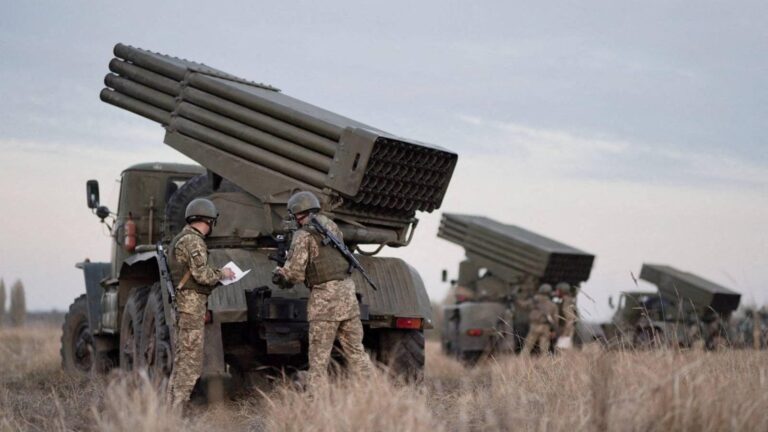Germany has approved €2.46 million in arms exports to Israel following a partial halt earlier this year, signaling a cautious resumption of defense trade between the two countries. The decision comes amid ongoing scrutiny of Germany’s arms export policies, balancing geopolitical alliances with international regulatory concerns. This move marks a notable development in the complex relations surrounding arms transfers to Israel, a key regional partner in the Middle East.
Germany Authorizes Significant Arms Shipments to Israel Following Suspension
Germany has greenlit arms exports totaling €2.46 million to Israel, marking a significant reversal after a recent suspension. The decision comes amid heightened security concerns in the region, with Berlin emphasizing its commitment to maintaining strategic partnerships while balancing ethical considerations. The authorization covers a range of military equipment, including advanced surveillance technology and armored vehicle components, aimed at bolstering Israel’s defensive capabilities.
The move has sparked diverse reactions across European political circles and human rights organizations. Critics argue that the export resumption undermines ongoing efforts to promote peace and stability in the Middle East. Conversely, supporters contend that the shipments are vital for maintaining regional security balance and ensuring Israel’s sovereignty. The following table outlines the key categories of the authorized arms exports:
| Category | Estimated Value (€ million) | Description |
|---|---|---|
| Surveillance Systems | 1.2 | High-precision reconnaissance tech |
| Armored Vehicle Parts | 0.8 | Components for troop carriers |
| Communication Devices | 0.46 | Encrypted military radios |
Implications of Renewed Military Support Amidst Regional Tensions
The recent approval of €2.46 million in arms exports to Israel, following a temporary suspension, signals a pivotal shift in Germany’s defense export policy amid escalating regional tensions. This reinstatement of military support underscores Berlin’s strategic calculations, balancing alliance commitments with growing international scrutiny. Analysts suggest that the move reflects a nuanced approach to maintaining robust bilateral relations while responding to the complex security dynamics in the Middle East, especially considering the volatile situation on the ground.
Key implications of this decision include:
- Reinforcement of Military Capabilities: The shipment will bolster Israel’s defense readiness, particularly in areas affected by recent conflicts.
- Diplomatic Repercussions: Germany may face criticism from global actors advocating for stricter arms controls amid humanitarian concerns.
- Domestic Political Impact: The decision could spark debate within Germany regarding ethical considerations in arms exports.
- Regional Stability: Increased military support might influence the balance of power, potentially escalating tensions with neighboring states.
| Aspect | Potential Impact |
|---|---|
| Military Readiness | Enhanced defense capabilities in conflict zones |
| Political Fallout | Heightened debate over export ethics |
| Regional Relations | Possible escalation of regional hostilities |
| International Viewpoint | Mixed reactions from allies and advocacy groups |
Experts Urge Transparency and Stricter Oversight on Future Arms Exports
Leading analysts and policy advocates emphasize the urgent need for greater transparency in arms export decisions, especially following the recent approval of €2.46 million in military equipment exports to Israel. Critics argue that the opaque nature of such approvals undermines public trust and complicates efforts to ensure arms are not used in ways that violate human rights or escalate regional conflicts. Calls are growing louder for detailed disclosures regarding the recipients, intended use, and compliance with international regulations.
Experts propose a framework of stricter oversight to prevent unchecked arms flows. Key recommendations include:
- Independent review panels that evaluate each export against humanitarian and security criteria.
- Regular reporting to parliament and the public on arms export activities and their geopolitical impacts.
- Enhanced monitoring post-export to track the end use and mitigate the risk of diversion.
| Proposed Measure | Expected Impact |
|---|---|
| Independent Review Panels | Greater accountability and balanced decisions |
| Public Reporting | Increased transparency for citizens and lawmakers |
| Post-Export Monitoring | Reduced risk of unauthorized weapon use |
Final Thoughts
The approval of €2.46 million in arms exports to Israel marks a significant development following the partial halt imposed earlier this year. As Germany navigates the complex dynamics of its foreign policy and defense commitments, this decision underscores the ongoing balancing act between strategic partnerships and ethical considerations. Observers will be closely watching how this move influences both regional stability and Germany’s international relations in the coming months.




